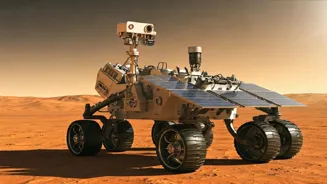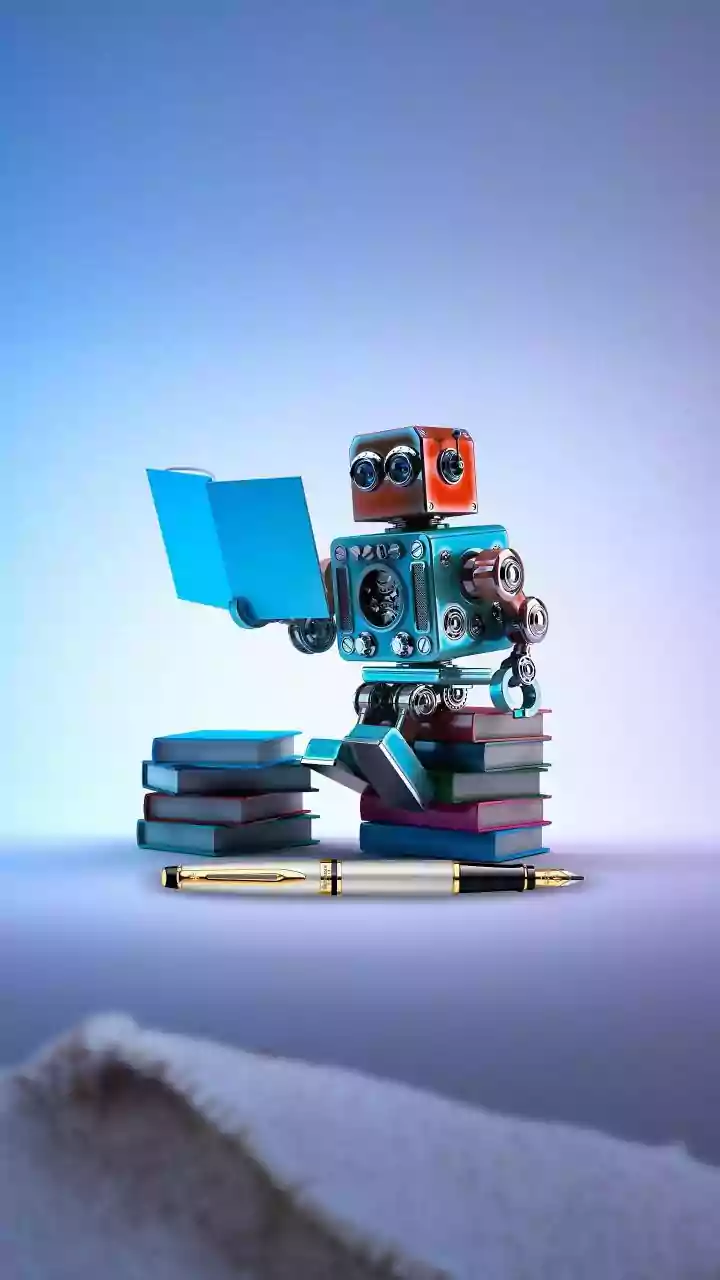AI's Space Pioneers
The use of artificial intelligence in space exploration is changing how humans approach the cosmos. AI's capacity to make quick decisions and process massive
data volumes makes it an invaluable asset for both mission control and on the ground. For example, AI can analyze data streams from spacecraft and robotic probes and offer real-time insights to scientists. AI also assists in the autonomous navigation of rovers and spacecraft, navigating the harsh environments of space without immediate human input. Moreover, AI helps in streamlining complex scientific experiments. With AI tools assisting, astronauts could be freed up to undertake more complex scientific missions that demand human expertise, and focus less on repetitive tasks.
Robotics' Support Systems
Robotics is essential for making the dream of settling on Mars a reality. Robots are designed to execute tasks that are potentially risky for humans. The robots could prepare the Martian habitat, from establishing living spaces to managing the resources necessary for survival. They can also explore risky areas, gather samples, and prepare the terrain. This setup is perfect for astronauts: robots take on the more dangerous and repetitive tasks, while humans can concentrate on discovery and innovation. Moreover, robots could maintain equipment, repair the systems, and execute tasks in extremely cold or dangerous conditions. The ability of robots to perform continuously, without the need for breaks or protection, is vital for long-term space missions.
Challenges and Hurdles
While AI and robotics promise significant benefits, their use in space exploration comes with challenges. A crucial concern is the reliability of AI in extreme environments. It's important for AI systems to be impervious to cosmic radiation and other hazards. Additionally, there are hurdles to consider when building robotics capable of withstanding the rugged conditions of space. There is also the issue of communication delays. Signals may take minutes to reach Earth, which complicates human management of robots, especially in urgent situations. This means that these robots must be able to act autonomously and make decisions without the assistance of human commands. Furthermore, there's the ethical angle of AI's role in space. Determining the level of authority of AI in decision-making, especially concerning significant mission choices, requires thoughtful consideration. The development of stringent regulatory frameworks and ethical standards will be crucial to ensure the safe and responsible use of AI and robotics in space.
Collaboration and Competition
The international space industry is growing more dynamic, with numerous nations striving to advance space exploration. Cooperation between nations is crucial to share knowledge and resources, and to boost the efficiency of space missions. Partnerships such as the International Space Station have demonstrated the advantages of cooperation. However, there is also competition. Different countries compete to achieve specific goals, like establishing a permanent presence on the Moon or Mars. China's burgeoning space program, including plans for Mars sample return missions, demonstrates its ambitions. The U.S. and other nations must collaborate with or compete with China in terms of technology and the geopolitical aspect of space exploration. Balancing competition with the need for collaboration is key to ensuring the long-term sustainability and progress of space exploration.
The Future of Mars
Looking ahead, the combination of AI and robotics will revolutionize space exploration. These technologies have the potential to make longer, more ambitious missions possible, and help humanity settle on other planets. AI and robots will be crucial for setting up habitats, farming, and maintaining life support systems. This helps astronauts focus on exploring and understanding the new environment. The use of AI and robotics will pave the way for humanity to become a multi-planetary species. Success depends on advancements in AI software, robot designs, and strategies for global cooperation. As AI and robotics evolve, humanity is on track to overcome the obstacles of space and make Mars a second home.





















